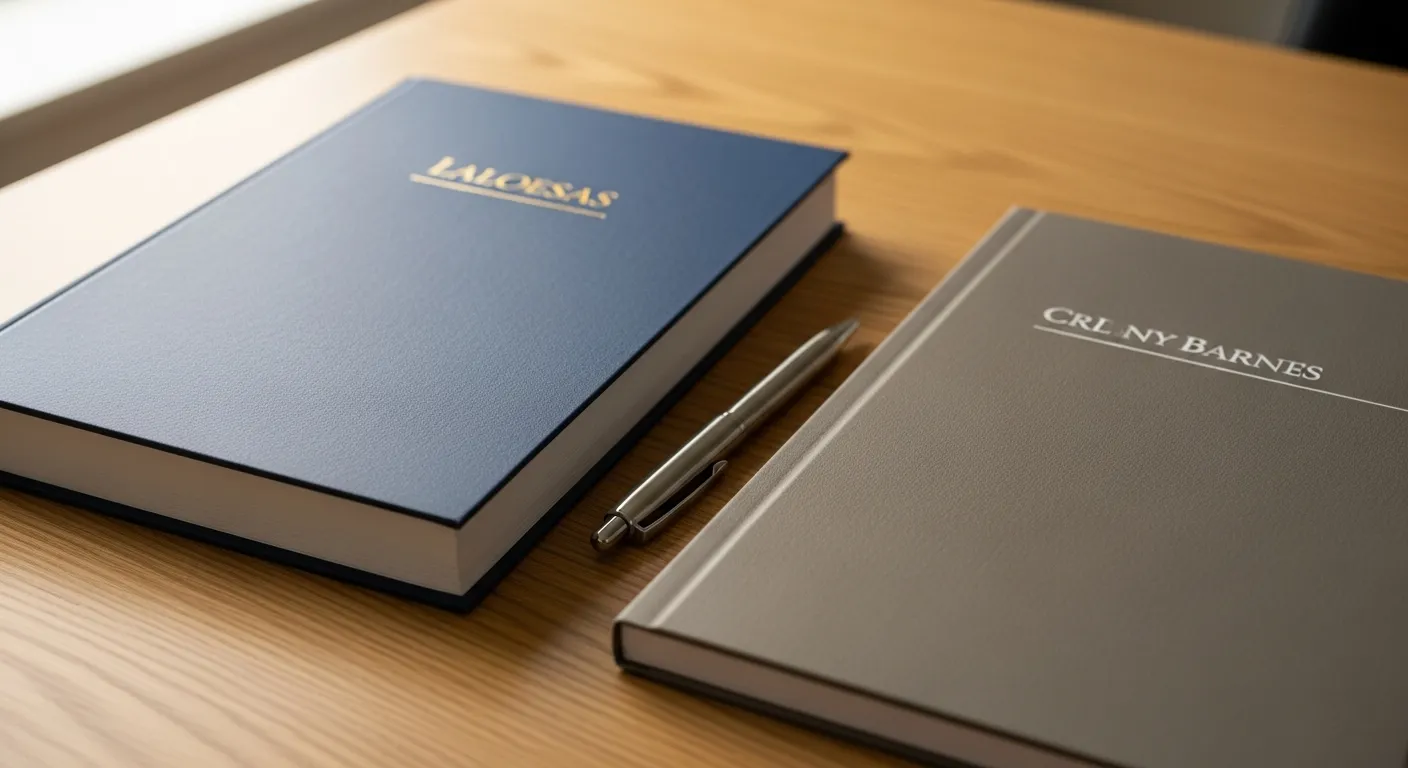
Frequently Asked Questions (FAQs)
What is the difference between a will and a living will?
This is a common point of confusion. A Last Will and Testament deals with your property and assets after you die. A Living Will (also known as an Advance Health Care Directive) deals with your medical wishes for end-of-life care while you are still alive but unable to communicate.
Do I need a trust if I already have a will?
Not everyone needs a trust, but it offers benefits that a will alone cannot provide. A will guarantees your estate will go through probate court. A properly funded revocable living trust allows your assets to bypass probate, saving your family time, money, and preserving privacy. A trust is also a more effective tool for managing your assets during a period of incapacity. An attorney can help you decide if a trust is right for your situation.
How much does it cost to get these legal documents prepared?
The cost can vary significantly based on your location, the complexity of your estate, and the attorney’s fees. A simple will package might cost a few hundred dollars, while a comprehensive plan involving a complex trust could cost several thousand dollars. While it is an upfront expense, think of it as an investment. The cost of proper planning is almost always far less than the legal fees, court costs, and financial chaos that can result from having no plan at all.
Where should I store my original legal documents?
You should store your original documents in a safe, secure, and accessible place. A fireproof box or safe at your home is often the best choice. While a bank safe deposit box seems secure, it can be problematic. In some states, the box may be sealed upon your death, and your executor will need a court order to open it, causing significant delays. It is most important that your executor, trustee, and agents know where to find the originals when the time comes.
Can I use an online service instead of hiring a lawyer?
Online legal document services can be a viable option for those with very simple, straightforward situations (for example, a single person with minimal assets). However, these services cannot provide personalized legal advice. They can’t ask follow-up questions to understand your family’s unique dynamics or warn you about potential legal pitfalls specific to your state. For most people, especially those with significant assets, a business, or a blended family, the guidance of a qualified attorney is invaluable.
I’m only 55 and in good health. Isn’t it too early to worry about this?
Absolutely not. It’s a common misconception that estate planning is only for the elderly or the wealthy. The reality is that a sudden illness or accident can leave you incapacitated at any age. Having a durable power of attorney and health care directive in place ensures that someone you trust can manage your affairs and make medical decisions for you immediately. The best time to create these documents is when you are healthy and thinking clearly. It’s a plan for the “what if,” providing protection and peace of mind for decades to come.
Disclaimer: The information provided on this website does not, and is not intended to, constitute legal advice; instead, all information, content, and materials available on this site are for general informational purposes only. Information on this website may not constitute the most up-to-date legal or other information. Readers of this website should contact their attorney to obtain advice with respect to any particular legal matter.




